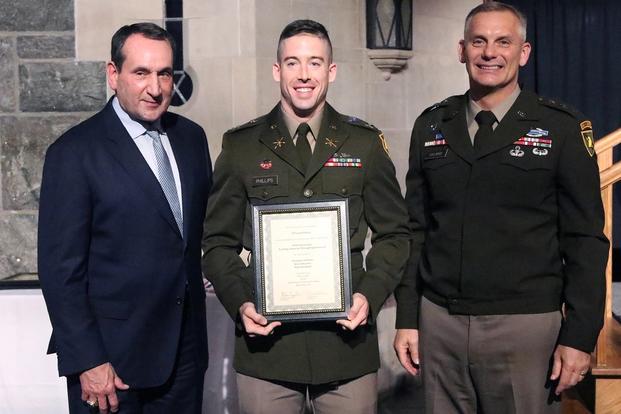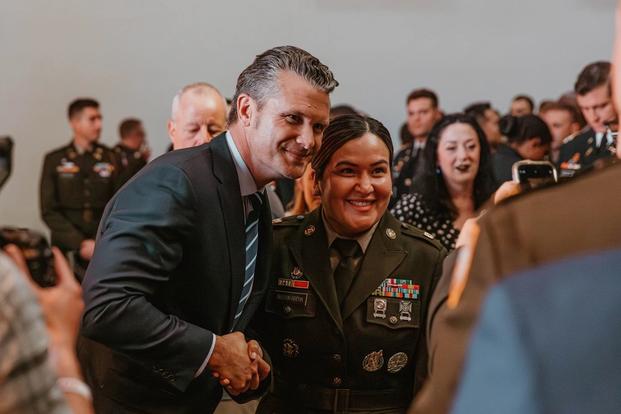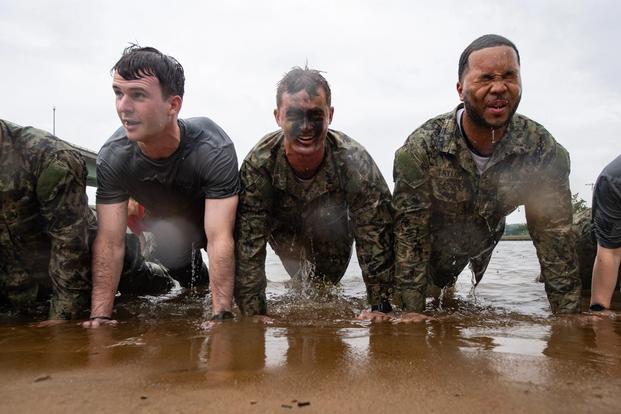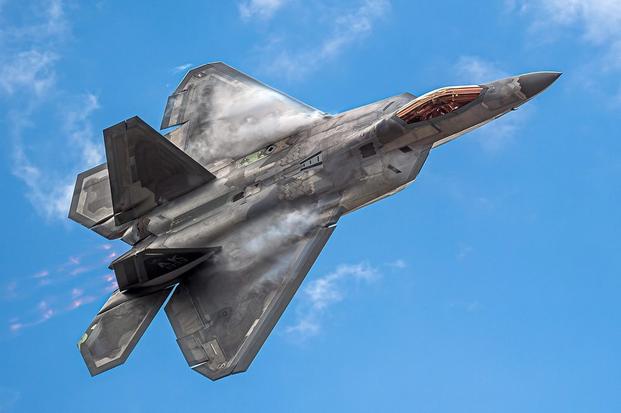Editor's Note: This first article in a two-part series explores why the next frontier of military readiness is moral, not mechanical. It argues that the erosion of trust and courage within the ranks threatens America’s strength more than any technological shortfall.
The U.S. military loves technology, and for good reason. From AI-enabled targeting systems to stealth aircraft, American forces have long relied on innovation to stay ahead of the fight. But after decades of studying leadership, I’m convinced our next major readiness problem won’t come from technology at all. It’ll come from a deficit of something far older and harder to engineer: character.
I refer to it as the character gap. The widening space between technical competence and moral courage. Sometimes we get close where we know what to do, but something stops us short of the gap, impeding our ability to get across.

More Training, Less Trust
Walk into any unit today and you’ll find people with more education, more credentials, and more data than ever before. Yet conversations about trust, integrity, and judgment often happen in whispers, if at all.
Leaders can sometimes hesitate to tell hard truths up the chain. Junior troops worry that candor might backfire. Teams operate cautiously, more concerned with optics than authenticity.
A 2022 RAND study found that when troops doubt their leaders’ integrity, unit trust and performance drop sharply, even when technical competence is high. That’s a dangerous equation. You can have the best gear and tech in the world and still lose if your people don’t believe in their leadership.
History’s Reminder
History is full of militaries that mastered tactics but lost their moral bearings. The German Wehrmacht in World War II was tactically advanced, disciplined, innovative, and efficient. But its moral collapse made that meaningless.
America’s own struggles in Vietnam and Iraq revealed how moral confusion at the strategic level undermined trust on the ground. When troops sense a gap between what’s right and what’s ordered, cohesion fractures.
Ethicist Nancy Sherman once wrote, “Moral repair, not moral performance, is the enduring test of military professionalism.” That insight should hit home today.

What Moral Courage Looks Like
During my Air Force career, I saw courage daily, not just in a combat zone when deployed to Afghanistan, but in hangars, briefing rooms, and offices.
One story sticks with me. A young Airman discovered a maintenance error hours before a critical flight. The easy option would have been to stay quiet and keep the mission moving since it didn't seem like a big deal. Instead, he spoke up, knowing it would delay the sortie and potentially anger leadership.
He was right, however. He trusted that integrity mattered more than optics. That’s what moral courage looks like. And it only happens in cultures where doing the right thing is safer than staying silent.
The Science Behind Trust
Leadership research backs up what most troops already know: character is readiness.
Studies from the Army War College and the Center for the Army Profession and Leadership show that ethical climates predict performance and retention more strongly than technical skills alone. When trust erodes, even the most capable units lose effectiveness.
It's the ability to act ethically despite fear of negative outcomes. That’s not a personality trait, it’s a learned habit reinforced by culture, mentorship, and moral example. When leaders model that courage, trust becomes contagious. When they don’t, fear does.

Bridging the Character Gap
We can’t close the character gap with slogans or “core value” posters. It takes intentional practice, honest feedback, and leaders who set the tone from the top down and bottom up.
That means:
- Leaders owning mistakes publicly. Transparency builds trust faster than perfection ever could.
- Mentors asking more about judgment than job titles. Technical mastery matters, but moral clarity sustains it.
- Promotion systems rewarding moral courage. When integrity is what gets you noticed, behavior follows.
Todd Kolditz, a former West Point psychologist and author of In Extremis Leadership, found that in high-risk environments, followers don’t just want competence, they want conviction. “The moral example of the leader,” he wrote, “is the most reliable form of communication under stress.”
That’s as true on a flight line or in a command tent today as it was on a Normandy beach or in the Korengal Valley.

The Road Ahead
Bridging the character gap starts where every mission begins, with people. It’s built through mentorship, accountability, and daily choices when no one’s watching.
We spend billions upgrading hardware, but too little upgrading the human software that runs it. If we want a force ready for the uncertainty of tomorrow, we need to train not only the body and brain, but also the conscience.
The next leap in readiness, in my opinion, won’t come from faster jets or smarter code. It’ll come from leaders who choose the harder right over the easier wrong, and from units where trust is strength, not a slogan.
Competence wins battles. Character wins wars.















